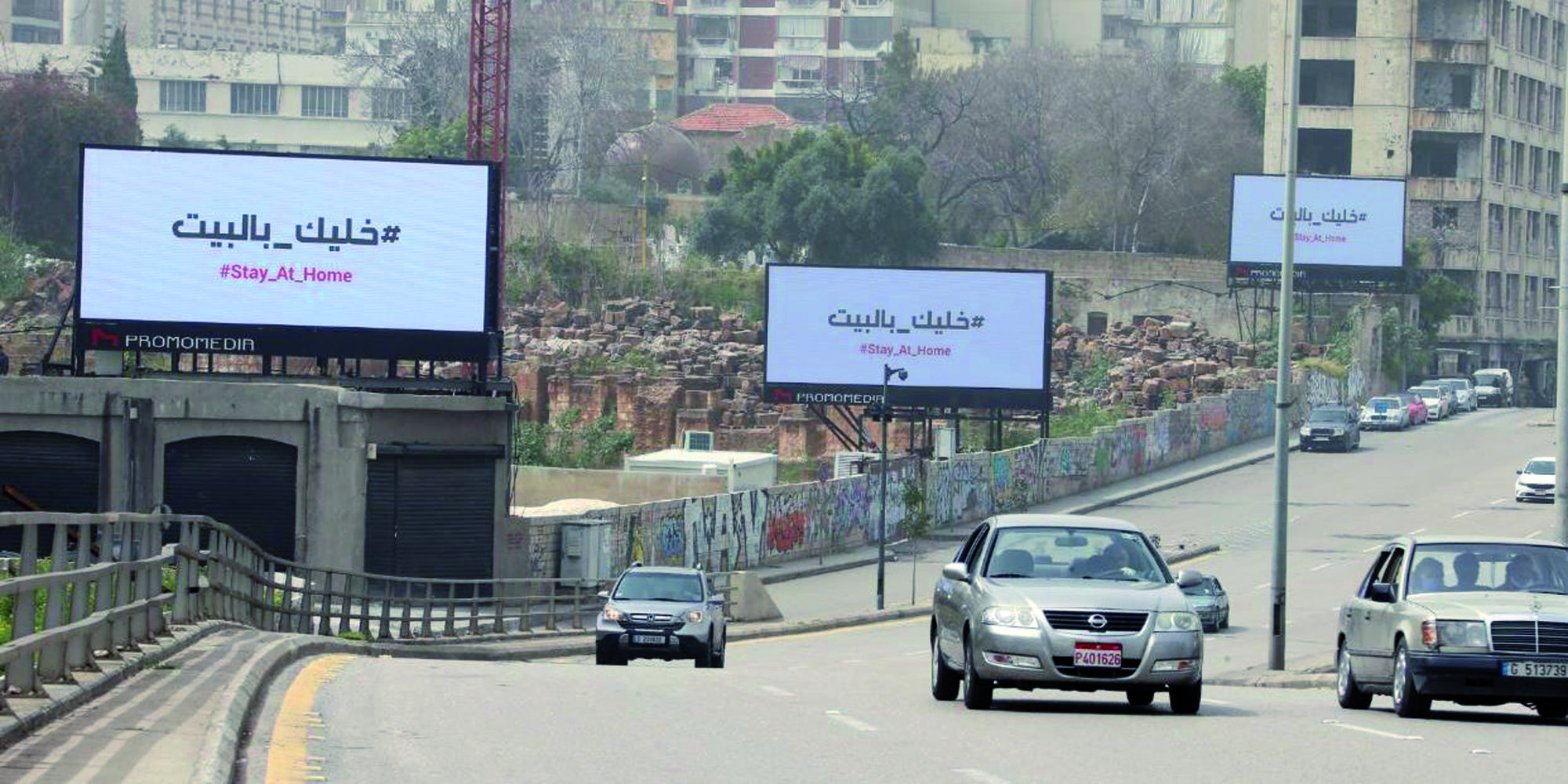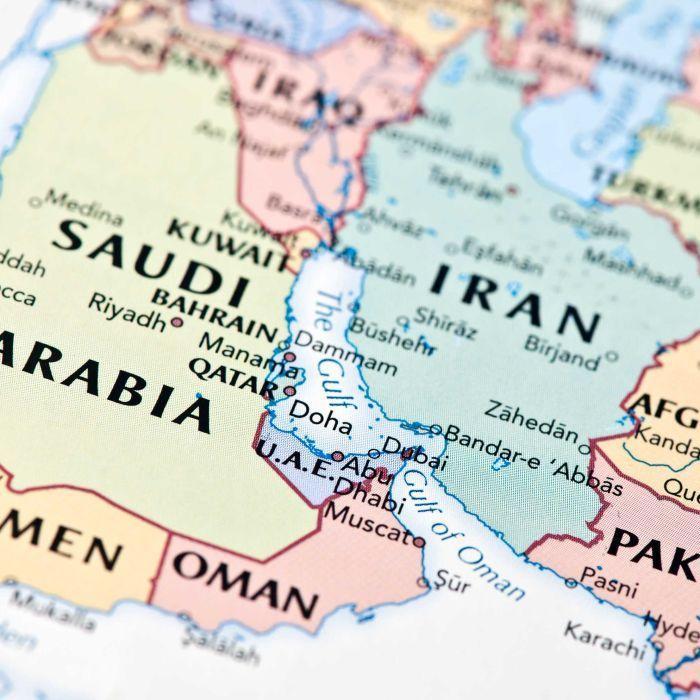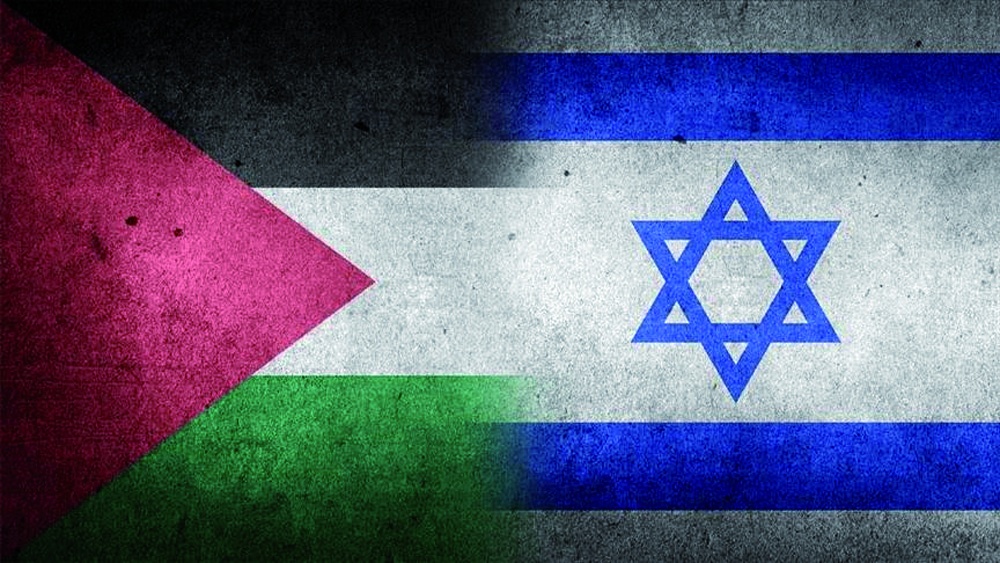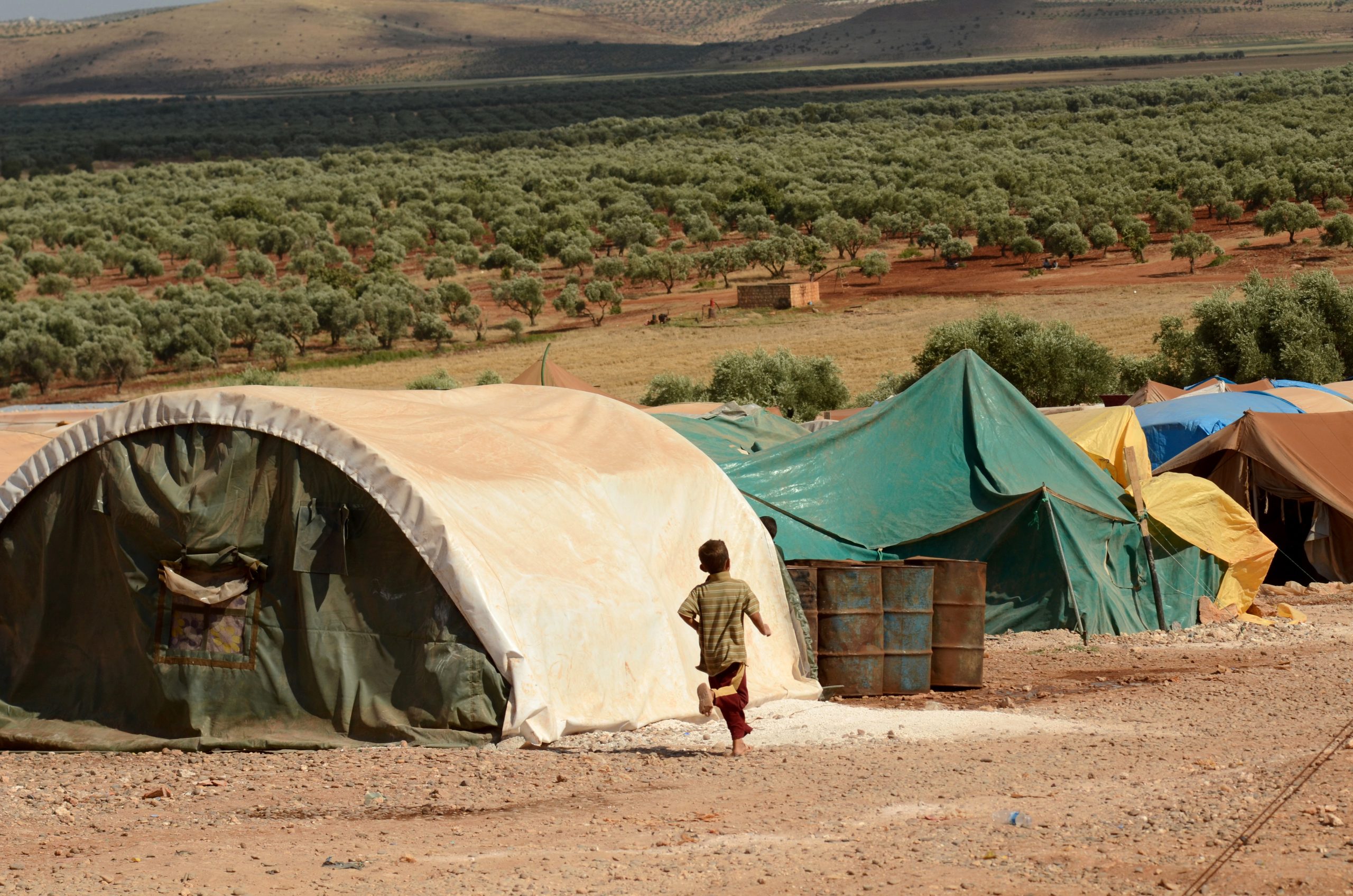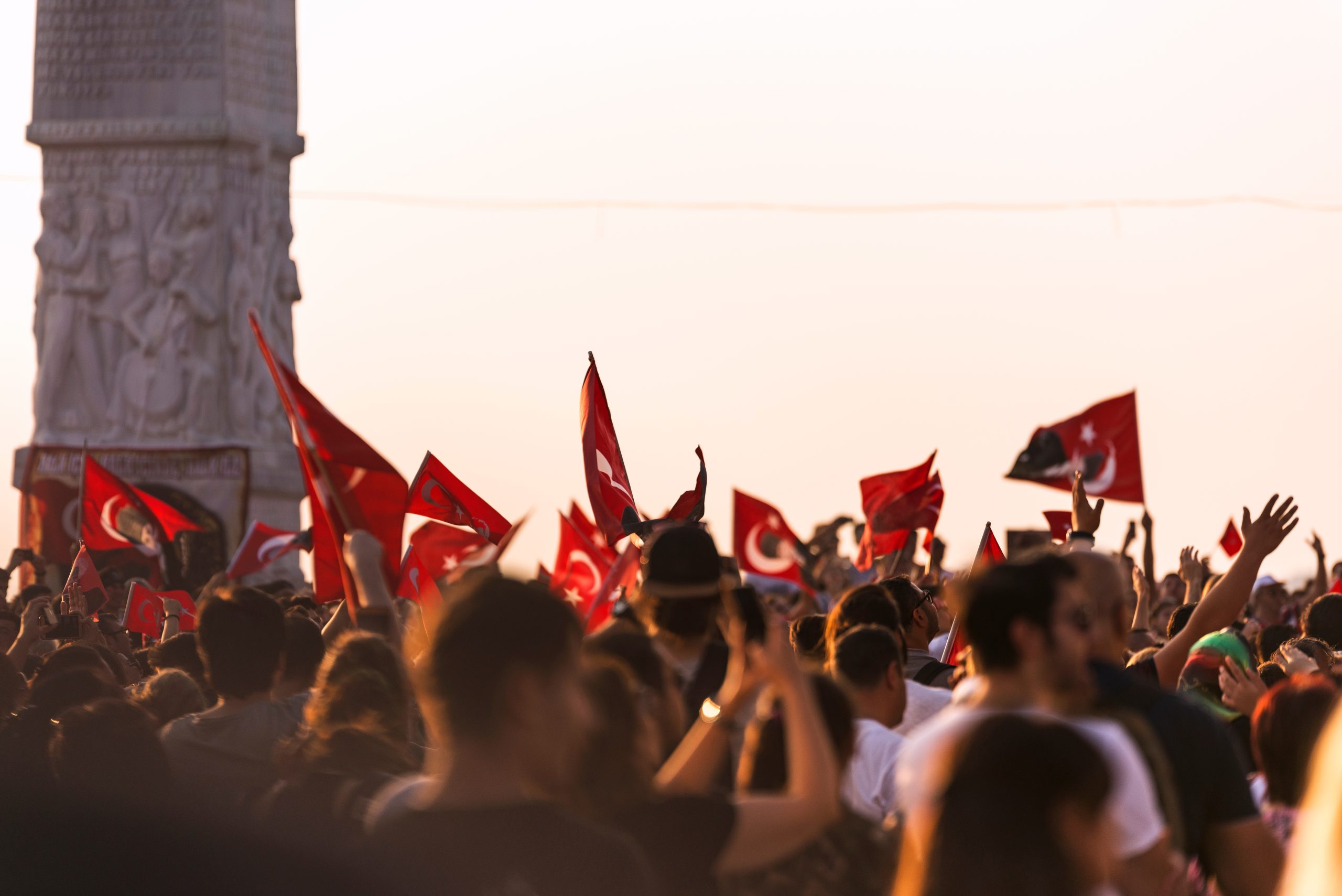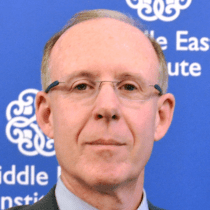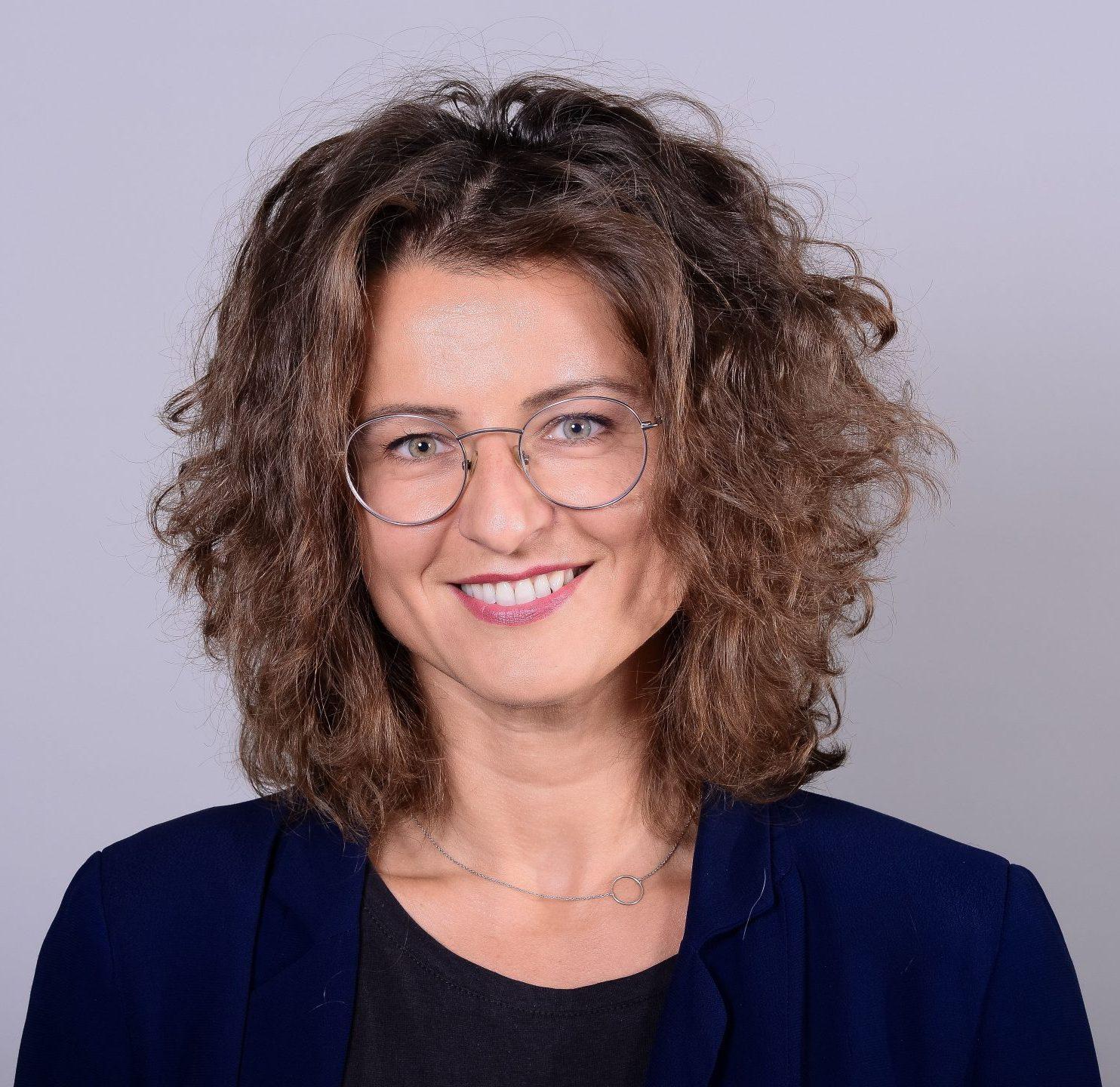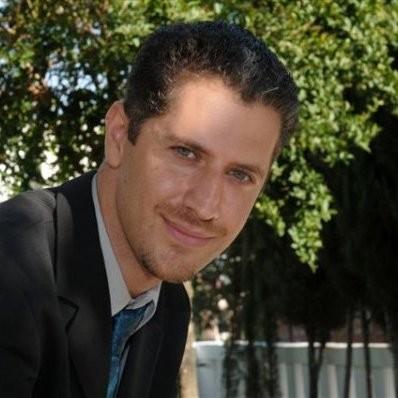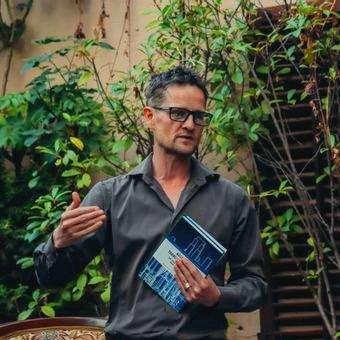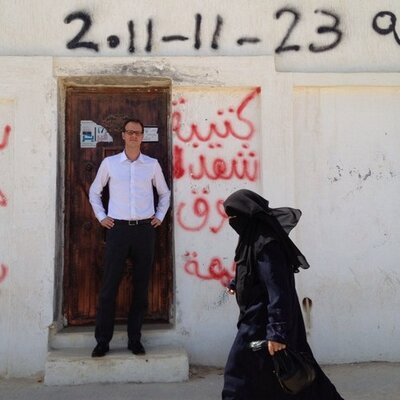ORIENT I 2018: International and Regional Organisations in the Near and Middle East
Purchase the full issue here:
26,00 € incl. VAT plus Shipping CostsSelect options This product has multiple variants. The options may be chosen on the product page
Editorial
Dear ORIENT readers,
Various international and regional organisations influence, for better or worse, what is happening the Near and Middle East. Their role has not really been successful; in the region it is still the strong leaders who count and not organisations. Yet the narratives range from guarantors of peace to harbingers of conflicts and often stress the discrepancy between potential and reality. Opinions on international and regional organisations in the Near and Middle East vary greatly – depending on who you ask and the exact context one looks at.
The United Nations as a global and the European Union as a neighbouring organisation are involved in shaping the reality in the region, as are the Arab League and the Gulf Cooperation Council. In this issue, we seek to shed light on some of the key aspects of their activities in the region.
First, Prof Ross Harrison provides an overview of regionalism in the region before Prof Maximilian Felsch analyses the status quo. Dr Patrycja Sasnal subsequently takes a close look the UN’s role in the Syrian conflict, while Prof Robert Mason evaluates the EU’s Neighbourhood Policy. Afterwards, Prof Ibrahim Al-Marashi discusses the Arab League and Dr Aidan Hehir sheds light on Responsibility to Protect, the UN Security Council and the Arab Spring. This edition is rounded off with Wolfgang Mühlberger discussing regional organisations designating Hezbollah a terrorist organisation.
I hope that the current issue provides you with valuable insights into and different perspectives on the role of international and regional organisations in the region.
I wish all readers a happy new year 2018!
Dr. Gunter Mulack
Director of the German Orient-Institute and Member of the Board of the German Orient-Foundation

